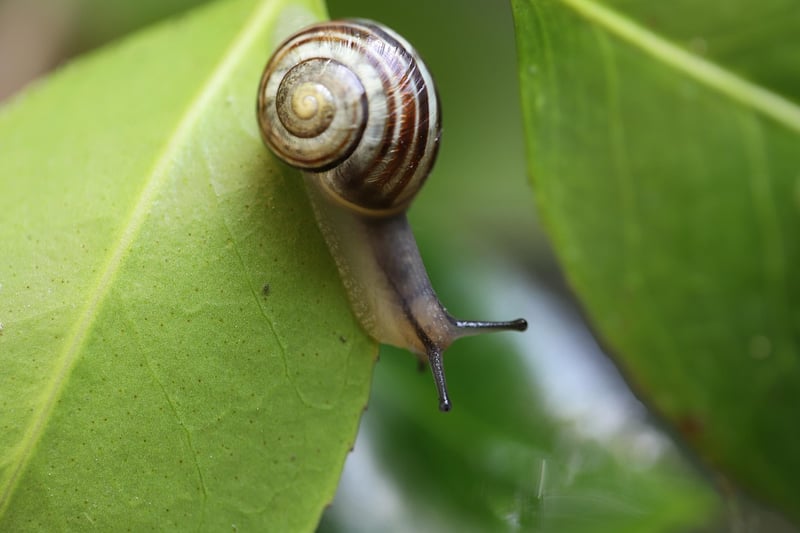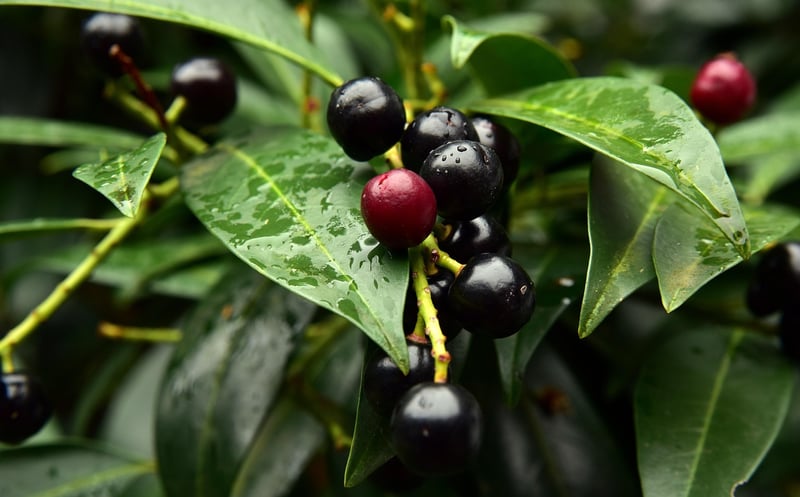Pest Control
Keep Your Plants Thriving: Pest Control Tips
Keeping your plants healthy and thriving can be a rewarding experience, but dealing with pests can be a common challenge for many gardeners. Learn how to protect your plants from pests and ensure they reach their full potential with these helpful tips:
1. Identify Common Pests
Before you can effectively control pests in your garden, it's essential to be able to identify them. Common garden pests include aphids, whiteflies, spider mites, and caterpillars. Look for signs of damage such as holes in leaves, yellowing foliage, or sticky residue on plant surfaces.
2. Natural Pest Control Methods
One of the best ways to manage pests in your garden is by using natural methods that are safe for your plants and the environment. Consider introducing beneficial insects like ladybugs or lacewings, using neem oil spray, or creating homemade insecticidal soap.
3. Companion Planting
Planting certain herbs and flowers alongside your vegetables can help repel pests and attract beneficial insects. For example, marigolds can deter nematodes, while basil can keep mosquitoes and flies at bay. Research companion planting strategies to protect your plants naturally.
4. Regularly Inspect Your Plants
Make it a habit to inspect your plants regularly for any signs of pest infestations. Early detection can help you take action before the problem gets out of hand. Remove any affected leaves or plants to prevent pests from spreading.
5. Use Physical Barriers
For larger pests like rabbits or deer, consider using physical barriers such as fences or netting to protect your plants. This can be especially important for delicate crops like berries or young seedlings.
6. Organic Pest Control Products
If natural methods are not sufficient, there are organic pest control products available that can help manage pests in your garden. Look for products that are certified organic and safe to use around edible plants.
7. Practice Good Garden Hygiene
Keeping your garden clean and tidy can help reduce the risk of pest infestations. Remove any fallen leaves or debris, as these can provide hiding spots for pests. Water your plants at the base to avoid creating humid conditions that attract pests.
8. Seek Professional Help
If you're facing a severe pest infestation that you can't control on your own, don't hesitate to seek help from a professional pest control service. They can provide targeted solutions to protect your plants and restore your garden's health.
By following these pest control tips and staying proactive in your garden care routine, you can keep your plants thriving and enjoy a bountiful harvest all season long.



Remember, a healthy garden starts with pest-free plants!
